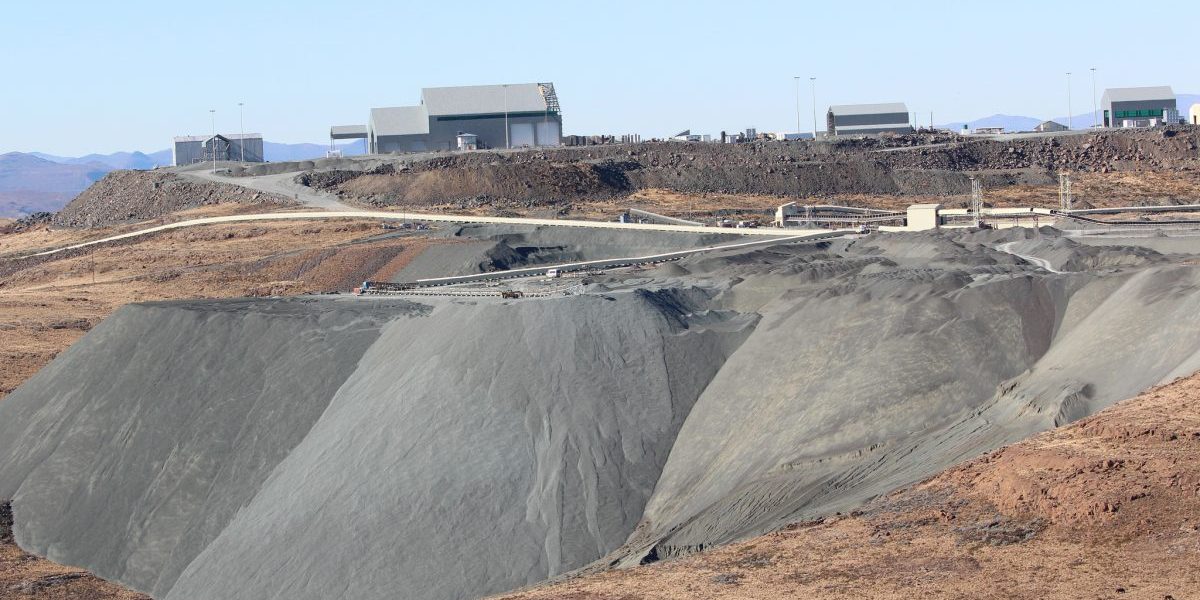More often it has provided an area of contestation between governments, multinational mining companies, local communities and armed factions. The diamond fields of various African states have been particularly vulnerable to the depredations of forces seeking ways to finance civil wars. It is in this context that various initiatives intended to address these and similar situations across the world have been devised. The aim of global governance initiatives is to replace the cynical exploitation of mineral wealth by powerful parties, whether economic, military or political, by a negotiation of common areas of interest between these players and the many other entities with a stake in Africa’s mining. This will ideally result in collective goal-setting that can shape the management of extractive industries and, ideally, contribute to economic and social development in the resource-rich countries.
Having described the conceptual origins and nature of global governance initiatives, the author examines and rates the three that have particular relevance for Africa’s mining sectors: the Extractive Industries Transparency Initiative, the Kimberley Process/Kimberley Process Certification Scheme and the Diamond Development Initiative. The general conclusion reached by the author is that, while much remains to be done and many problems persist, the changes in practice brought about by these initiatives generally promise an improvement in Africa’s development trajectory, a more ethical approach to mining practice, and perhaps a stronger voice for the merits of collaboration when it comes to global policymaking.
SAIIA sincerely thanks those who acted as peer reviewers for this paper.








